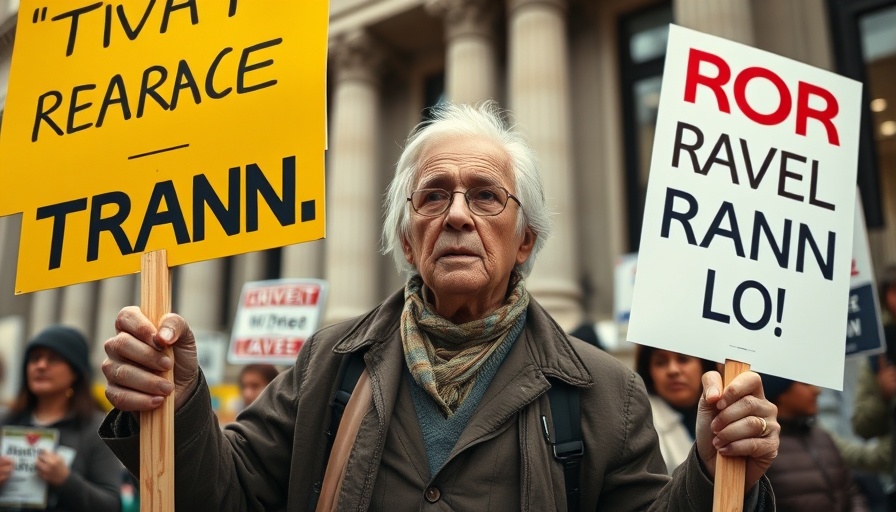
Trump's Immigration Proclamation: A Disconcerting Echo of the Past
In the backdrop of Caribbean American Heritage Month and Black Music Month, we witness a powerful contradiction: the new travel ban enacted by former President Trump weighs heavily on the hearts of Black immigrants. The proclamation, effective June 2025, primarily targets a list of nations labeled as 'S-hole' countries by Trump himself back in 2018, fostering fresh waves of outrage and concern.
Why Some Nations Were Targeted
The ban affects countries like Haiti, Chad, and the Republic of the Congo, alongside others like Iran and Somalia. Critics question the fairness and intent of this policy, further igniting debate regarding racial and national biases embedded within immigration laws. Does this reflect a broader sentiment towards nations predominantly inhabited by people of color?
Disproportionate Impact and Inaccurate Data
Data shows that the rationale behind the bans—allegations of visa overstays and security risks—are misleading. For example, although 27,269 Haitians overstayed their visas, a similar figure of Spaniards went unpunished. Notably, countries with higher numbers of overstays aren't even considered for restrictions. This discrepancy raises crucial questions about underlying agendas in the immigration policy.
A New Wave of Emotion for Supporters
The emotional weight of this ban lands heavily on Haitian Americans and other immigrant communities. How are they grappling with the realization that their previous support for Trump has now resulted in policies that may be harmful to their families and countries of origin? It's a poignant reminder of the often conflicting dynamics within immigrant communities.
The Broader Implications for Immigration Policy
As discussions around immigration policy continue to evolve, it's crucial for communities and policymakers alike to reflect on the implications of such bans. How can we work towards a more just immigration system that acknowledges and uplifts the contributions of immigrants from diverse backgrounds?
As we delve into the complexities of these policies and their human impact, let’s engage in more conversations that spark action for equitable immigration reforms. It's only by sharing our stories and advocating for justice that we can illuminate the path forward for future generations.
 Add Row
Add Row  Add
Add 




 Add Row
Add Row  Add
Add 


Write A Comment